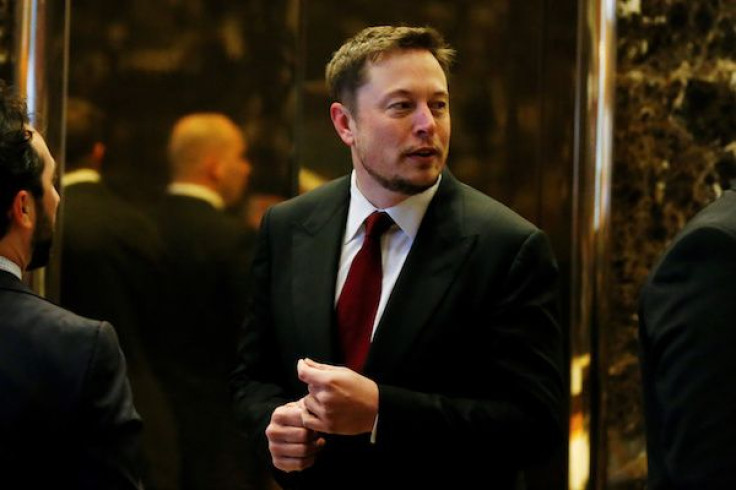Will Robots Take Your Job? Elon Musk Thinks We Have 30 Years Until AI Is Better Than Us At Everything

A survey of 352 artificial intelligence experts revealed they believe AI will be able to reach a higher level of efficiency than humans for a number of tasks by 2055. And not just everyday tasks like driving or translating languages, but researchers even believe robots will be conducting surgery by 2053 and that all human jobs will be automated within the next 120 years. But Tesla and SpaceX CEO Elon Musk believes that will all happen even sooner than researchers predict.
Musk retweeted an article about the survey findings and said that in his opinion, this would be happening closer to 2030 or 2040. Essentially disagreeing with the more than 350 researchers in the field who predicted these changes for the 2050s and later.
Probably closer to 2030 to 2040 imo. 2060 would be a linear extrapolation, but progress is exponential. https://t.co/e6gyOVcMZG
— Elon Musk (@elonmusk) June 6, 2017
Read: Elon Musk Introduces New Company, Neuralink, Which Plans To Merge Human Brains With Computers
Musk noted in a follow up tweet that he hoped he was wrong about the timeline he gave. But the Tesla and SpaceX CEO has been clear that he believes the way for humans to stay relevant in an increasingly technological world is to embrace the technology. In April, he announced his new company Neuralink is working on a neural mesh or lace to help make people essentially one with technology.
During an on-stage interview at Code Conference last year he said people could be left behind if AI continues to advance or speeds up its advancement. He said humans could end up living sort of like house cats do now. But he proposed a solution that could increase input and output rates for humans. That solution was the addition of a digital layer to our already sophisticated brains via a neural lace that could be physically added through the veins and arteries, hypothetically.
The people Musk is disagreeing with are experts in their field. The subjects who were sent the survey were all of the researchers who were published at two conferences for peer-reviewed research on machine learning in 2015, according to the report. That survey population was more than 1300 researchers and authors, and 352 of them, 21 percent of those who were sent the survey, responded.
Read: Typing With Your Thoughts, Hearing With Your Skin? Neuroscientist Weighs In On Facebook F8 Ideas
The survey contained questions regarding time of specific AI capabilities, efficiency compared to humans and the social impact such advances would have. Some did predict the advancements would come as soon, if not earlier than Musk predicted, while others predicted it would come later. The data showed the average years the 352 researchers predict for the specific advancements. These predictions also varied based on where the researchers worked and lived geographically.
Facebook CEO Mark Zuckerberg made waves in the AI community at the F8 conference in April when he said Facebook was developing technology to allow people to type with their minds and hear with their skin. That technology is a bit less invasive than what Musk has proposed but still a step in the direction of making humans more competitive with the AI they’ve created.
© Copyright IBTimes 2024. All rights reserved.











